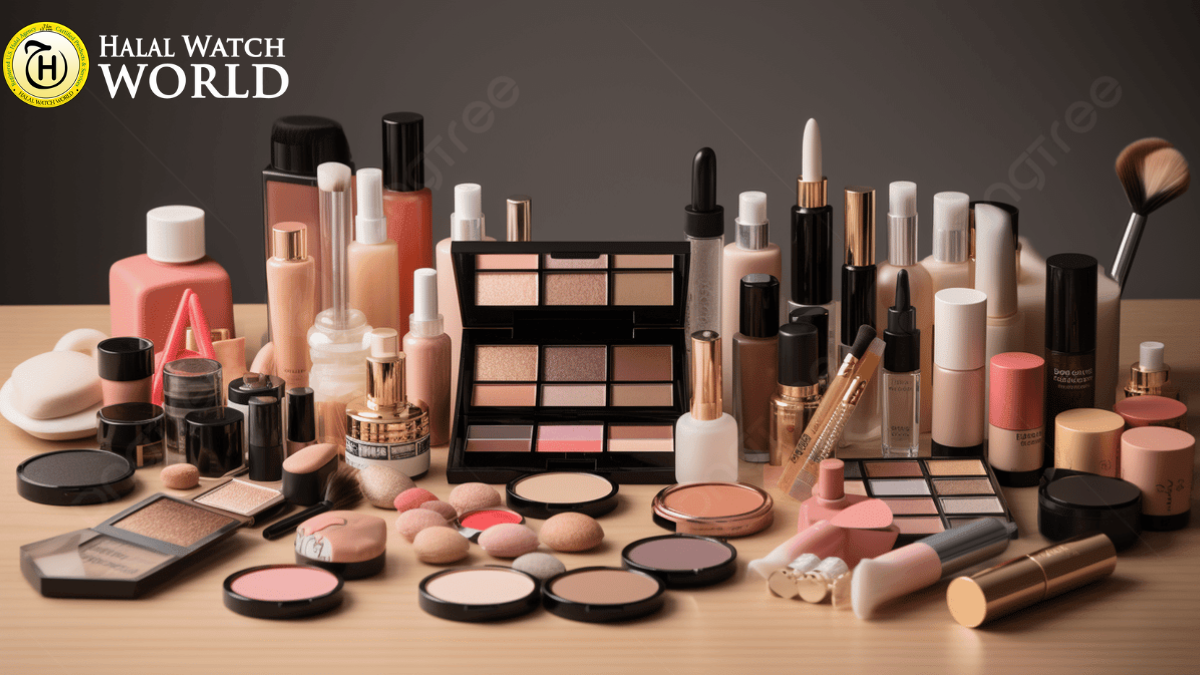Halal certification is an essential requirement for food and personal care businesses aiming to serve Muslim consumers who follow Islamic dietary and lifestyle laws. For restaurants, obtaining halal certification means all ingredients, preparation methods, and handling processes comply with Islamic requirements. This not only helps attract a broader customer base but also builds a reputation for trust and transparency. Consumers are more conscious of what they consume, and halal certification provides assurance that the product or service meets strict religious standards. This assurance is particularly valuable in regions with significant Muslim populations or tourist traffic from Muslim-majority countries.
Benefits for Restaurants
For restaurants, halal certification covers all operational areas, including sourcing of meat, storage procedures, utensil cleanliness, and avoiding cross-contamination with non-halal substances. It demonstrates to Muslim customers that the restaurant respects their values and dietary needs, encouraging brand loyalty and repeat business. Moreover, as the global demand for halal food rises, certified restaurants can stand out among competitors and expand into new markets. The halal certification for restaurant businesses can also lead to partnerships with Muslim-friendly travel services, caterers, and events that specifically require halal options.
Choosing a Reliable Agency
When it comes to selecting a halal certification agency, it’s important to choose one with a strong reputation, qualified auditors, and clear criteria. A reliable agency should have experience in your industry and offer transparency in their procedures. Their certification should be recognized by international or regional Islamic authorities to ensure your business gains credibility in global and local markets. Working with an experienced halal certification company ensures that your restaurant or cosmetic brand gets thorough assessments, ongoing support, and professional audit documentation that satisfies customer expectations and regulatory needs.
Costs Involved
Halal certification cost depends on the business size, number of products, and the complexity of operations. Restaurants, for example, may need facility inspections, ingredient verifications, and staff training, while cosmetics brands must undergo formulation analysis and supply chain reviews. Costs may vary from a few hundred to several thousand dollars, depending on the agency and scope of certification. However, the investment pays off in the form of market expansion, consumer trust, and increased sales. Clear documentation and adherence to halal standards also help brands manage risks and avoid costly compliance issues later on.
Demand for Halal-Certified Cosmetics
In the cosmetics sector, halal certification is gaining momentum as consumers seek ethical and safe alternatives to conventional products. Ingredients derived from animals, alcohol-based solvents, and unethical testing methods are all concerns addressed by halal certification cosmetics processes. Brands that invest in halal certification show commitment to transparency and cater to a growing demographic of consumers who are both health-conscious and religiously observant. This demand extends beyond Muslim-majority countries and includes multicultural markets in North America, Europe, and Southeast Asia.
Ensuring Compliance in Formulations
Cosmetics halal certification is particularly important for products such as lipsticks, lotions, perfumes, shampoos, and skincare. These items often contain hidden animal-derived ingredients or alcohol-based preservatives. Halal certification ensures that none of these are used or, if present, that they are sourced and processed in a compliant manner. For consumers, this translates into peace of mind, knowing their personal care products align with their faith and ethical standards. It also helps brands position themselves in a niche yet growing segment of the beauty industry.
Building Brand Credibility
Halal cosmetics certification is not just a marketing advantage but a product integrity measure. Companies that obtain it often highlight their certification in labeling and advertising, allowing for instant consumer recognition and increased shelf appeal. The certification process includes reviewing raw material origins, manufacturing environments, cleaning protocols, and packaging. Brands that meet these standards can proudly display the halal mark, reinforcing consumer confidence and expanding their reach in regions with halal-conscious populations.
Certification for Personal Care Items
The cosmetics and personal care certification process includes rigorous evaluation of raw materials, production techniques, hygiene practices, and distribution channels. It goes beyond simply checking ingredients and involves ensuring every step of production upholds Islamic values. As a result, businesses can benefit from improved quality assurance and better regulatory compliance. Consumers, on the other hand, enjoy a safer, more transparent shopping experience. With increasing demand for ethically produced personal care items, companies that are proactive in obtaining certification are better positioned to capture market share.
A Trusted Name in Certification
For businesses seeking a trusted halal certifier, HalalWatch.us is a recognized name in the field. They provide thorough halal auditing and certification services for restaurants, cosmetics, and other industries, with an emphasis on professionalism and Islamic compliance. Known for their industry knowledge and clear certification processes, HalalWatch.us has helped many businesses meet halal requirements and improve consumer trust. Their services are especially valuable for companies looking to enhance their credibility and grow in Muslim-majority and multicultural markets.
Conclusion
Overall, halal certification represents more than religious compliance—it is a strategic asset for food and personal care businesses. It allows restaurants to attract loyal customers and cosmetics brands to access untapped market segments. With halal certification, companies can boost consumer trust, comply with religious and health standards, and expand their product reach. By partnering with a reputable halal certification agency and committing to ethical practices, businesses can thrive in a more conscious and value-driven marketplace.
Read more exciting news on infoblitzdaily.site
